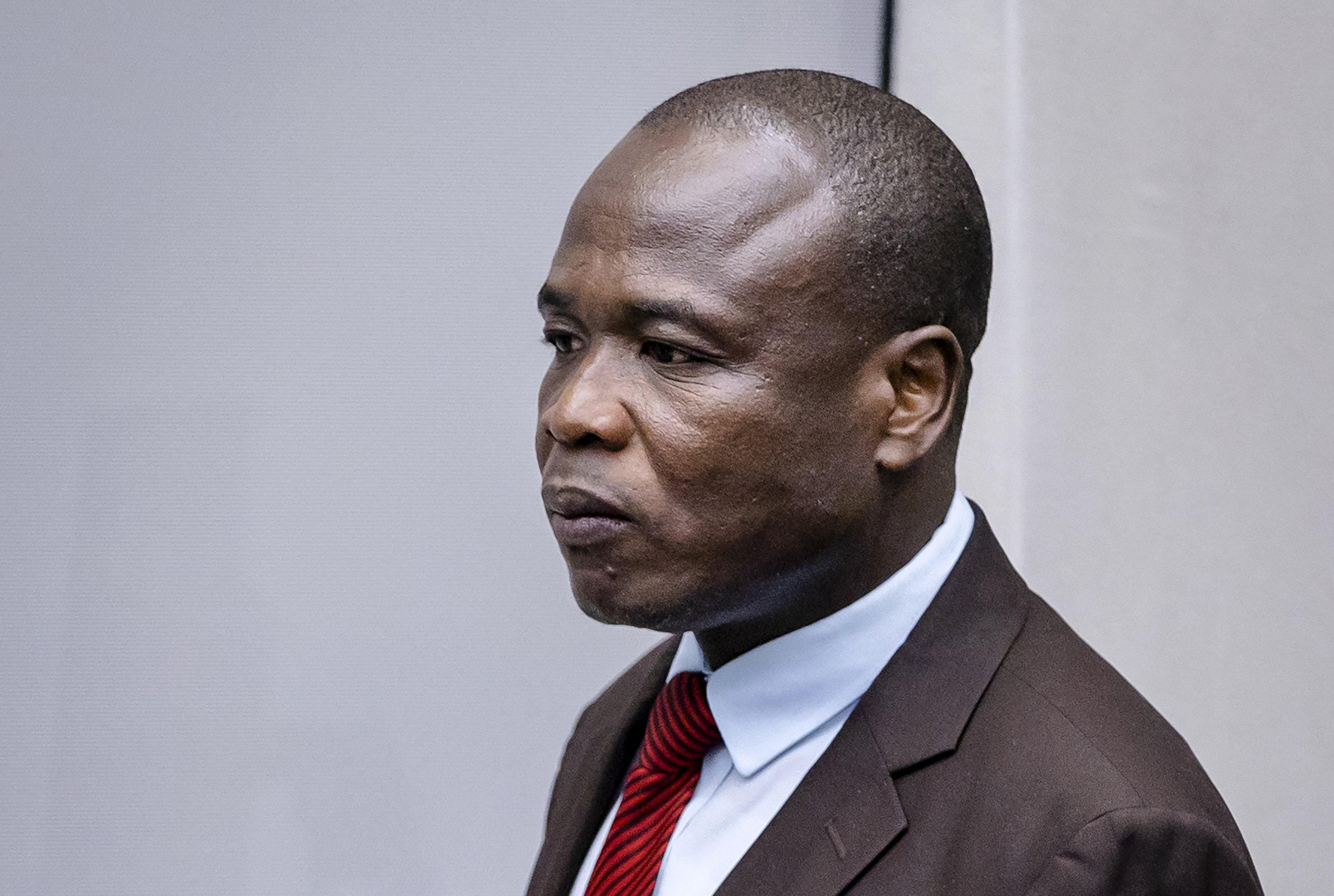Prime
How ICC zeroed down on victims for compensation

Ugandan former child soldier Dominic Ongwen looks on prior to the ruling in the appeal at the International Criminal Court, in The Hague on December 15, 2022. PHOTO/AFP
What you need to know:
The beneficiaries were chosen based on the categories of direct victims of the attacks by Ongwen, direct victims of sexual and gender-based crimes, children born of those crimes, and former child soldiers who suffered serious and long-lasting physical, moral and material harm
On Wednesday, the International Criminal Court (ICC) awarded about Shs222.3b to 49,772 war victims who suffered atrocities orchestrated by former Lord’s Resistance Army commander Dominic Ongwen.
The beneficiaries were chosen based on the categories of direct victims of the attacks by Ongwen, direct victims of sexual and gender-based crimes, children born of those crimes, and former child soldiers who suffered serious and long-lasting physical, moral and material harm.
Speaking to this publication last evening, Mr Joseph Akwenyu, one of the victims’ lawyers, said the major factor considered was the number of those in four Internally Displaced Peoples’ Camps (IDPs) of Lokodi Pajule, Abok, Lukodi, and Odek in Gulu and Oyam districts between July 2002 and December 2005.
The camps’ occupants sought refuge there following LRA attacks led by Ongwen.
The ICC found Ongwen culpable for committing atrocities in the two-decade war in northern Uganda which left more than 100,000 people dead and more than a million displaced.
“Ongwen was convicted for launching an attack on four locations [which led to the victims seeking shelter] in the four IDP camps,” Mr Akwenyu said.
The second category were victims of thematic crimes such as sexual crimes, forced marriage, forced pregnancy, sexual slavery, and rape.
The court also considered the submissions made by the victims’ lawyers and the reparations department.
“The estimate that was given by one of the participants in the case was about 50,000 [victims], however, the trial chamber is required by the rules to arrive at an estimate, so the court used the sample that the registry of the court was tasked to come up with and this was the estimate that they came up with,” Mr Akwenyu said.
When asked what would happen to those victims who die before receiving the reparations award money, he said close relatives can apply to court through the lawyers as substitutes.
Ms Sarah Kasande, the head of office of the International Centre for Transitional Justice (ICTJ) Uganda, said the Trust Fund for Victims and the Victims Reparations Section of the court carried out mapping to know the number of victims.


